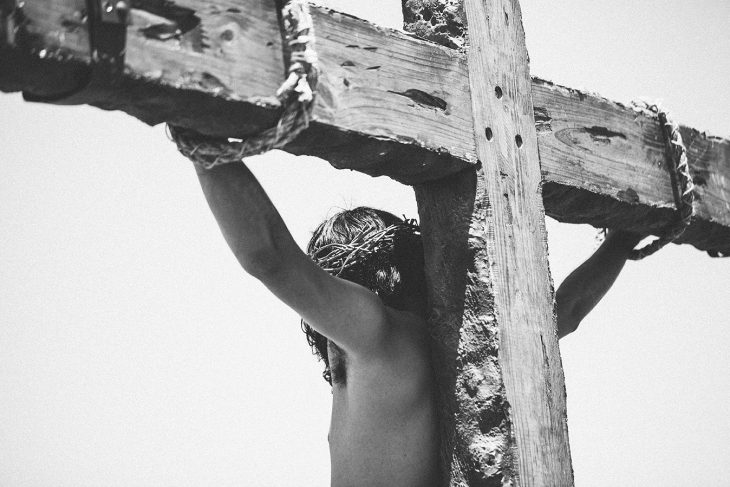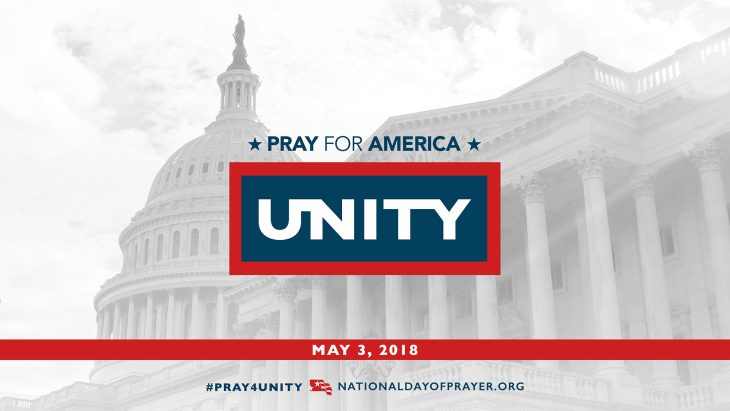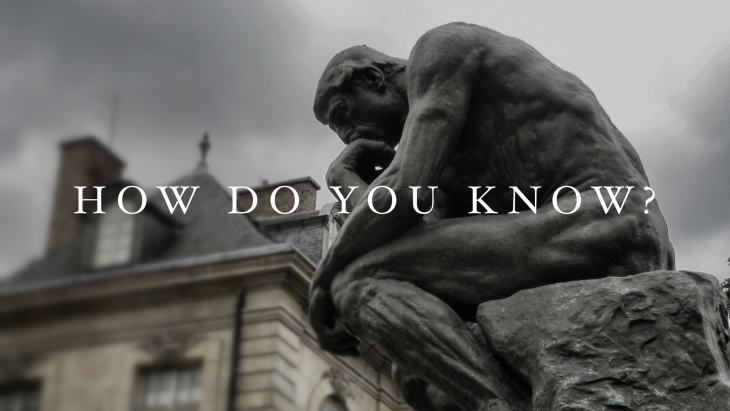If your holidays are like mine, there will be stress: the cumulative weight of issues we carry around with us. By themselves, these issues may not be major sources of anxiety…but add them together – bills, car on the fritz, deadlines or shortages at work, kids’ schedules, things broken around the house. Then add something traumatic to the mix like an illness or a death in the family, or job layoff. Stress can be devastating.
This is the kind of stress we face daily in our fast-paced lifestyles…now add to it the additional stress that comes with the holidays. There are gifts to buy and how to pay for them, working extra holiday hours (or having those hours cut short by the holidays), kids home from school with all their energy, houseguests, parties to attend, trips to see parents or grandkids, the mall!!
Did you know Jesus is concerned about your stress? Hear Jesus’ words: “Are you tired? Worn out? Burned out …? Come to me. Get away with me and you’ll recover your life. I’ll show you how to take a real rest. Walk with me and work with me—watch how I do it. Learn the unforced rhythms of grace. I won’t lay anything heavy or ill-fitting on you. Keep company with me and you’ll learn to live freely and lightly (Matt. 11:28-30. The Message).”
I love the image of learning the unforced rhythms of grace! That’s what I want my life to look like – during the holidays and every other day of the year. For me, there are two times a day when stress is at its very worst: the morning when I wake up and in the evening when I lie down. Morning and night can often serve as stress inducing bookends to the day.
King David was battling coup de etat and under considerable stress when he wrote Psalms 3 and 4 (see 2 Sam. 15 for the context). In these, he gives us a prescription for handling pressure.
Psalm 3 is a morning psalm and Psalm 4 is an evening psalm.
Consider the last time you were overwhelmed by stress. Most likely you had difficulty falling asleep. Then, after a fitful night’s sleep, you awoke to find that stressor was the FIRST thing on your mind in the morning. Annoying as it is, this process natural. When you’re stressed, you ruminate over your problems like a cow chewing its cud. Even while you sleep, your subconscious is preoccupied with your issues.
David was the same way. As he awoke in a cold, damp cave where he was hiding from Absalom, his first act of the day was to recount his many problems. His foes were numerous – they were just over the hill looking to kill him.
Nevertheless, David immediately recalled God’s goodness, his power, his love, and his protection. It’s always a good idea, when things are going downhill, to be reminded that we serve a God who is powerful, unchanging, and immovable.
Next, despite his present situation, David reminds himself of God’s blessings in his life and God’s power over his circumstances. David had certainly been in some tough scrapes before and had many times narrowly escaped with his life. God had watched over him then, and since David wasn’t assassinated that night, God had protected him once again.
Don’t just think of God’s power in theoretical or theological terms. Personalize it. Think back to a specific instance God has come through for you. Remind yourself of his track record in your life.
It’s a new day. David’s got to go to work. He’s got to force himself out of his bedroll, rally his troops and unite the remaining generals he has left, and fight this mutiny. He wakes up consumed with his problems, but makes a decision not to wallow here. He recalls the power of God, reminds himself that God has always taken care of him…then he does the most important thing of all before heading out – he requests God’s help. He asks God to intervene.
“Arise, O Lord…” like he’s waking God up. Of course, you don’t have to wake God up, but as you head out into your day, invite God intervene on your behalf.
But then there’s the stress you feel when going to bed. The second worst part of the day in the midst of stress is when you stop your activity of the day and lie down in bed. The kids are asleep, the TV’s off, the dishes are put away, it’s quiet… and the wheels start turning again. Your problems, forgotten during the activities of the day, flood back into your mind.
In Psalm 4, as the campfire burned down and David lay down to sleep, the stress returned. David goes to bed right he had left off that morning. In a decisive moment, he asks God for deliverance from his enemies and for endurance. David believed God would help him, but the help seemed slow in coming. David was resigned to wait for God to show his hand…but he needed help waiting. And as Tom Petty sings, “Waiting is the hardest part.”
Then, before sleep, David searched his heart and sought God’s forgiveness. Forgiveness for what? Who knows…but there’s always something, isn’t there?
As he prays in bed, something truly amazing happens. In the midst of this terrible stress, David receives peace. His circumstances aren’t any better than they were that morning, but his heart is in a better place. God hasn’t brought deliverance yet (that would come later), but David had peace.
If you’re facing stress this holiday season, remember these simple things David did: Turn to God in the morning, turn to God at night, and keep your slate clean. When we can practice these principles, we’ll “recover our lives, take a real rest, learn the unforced rhythms of grace and learn to live freely and lightly.”













 RSS - Posts
RSS - Posts